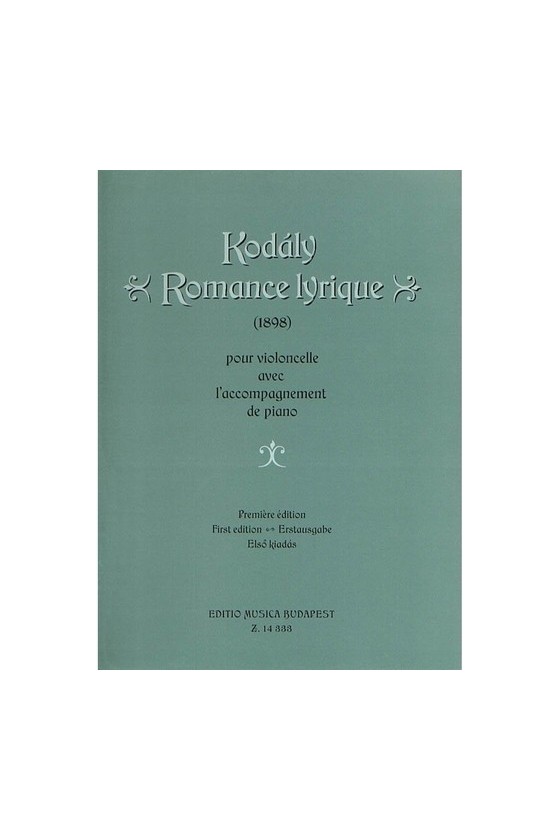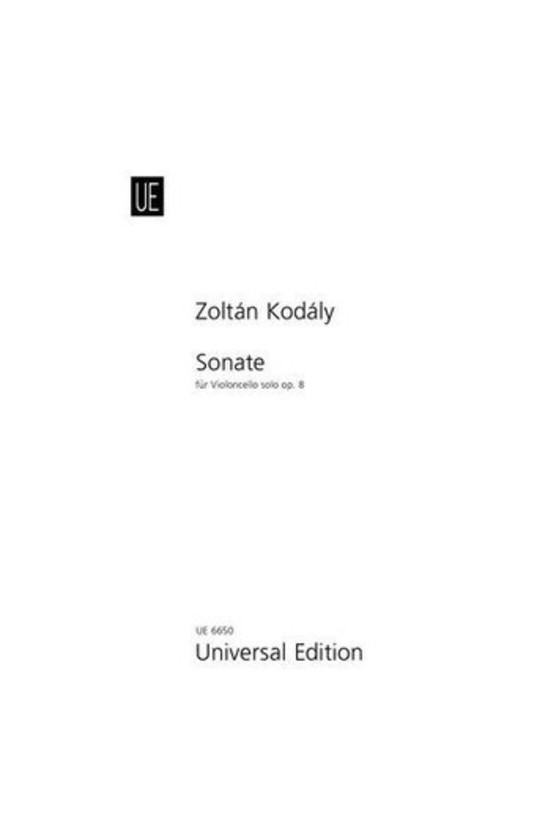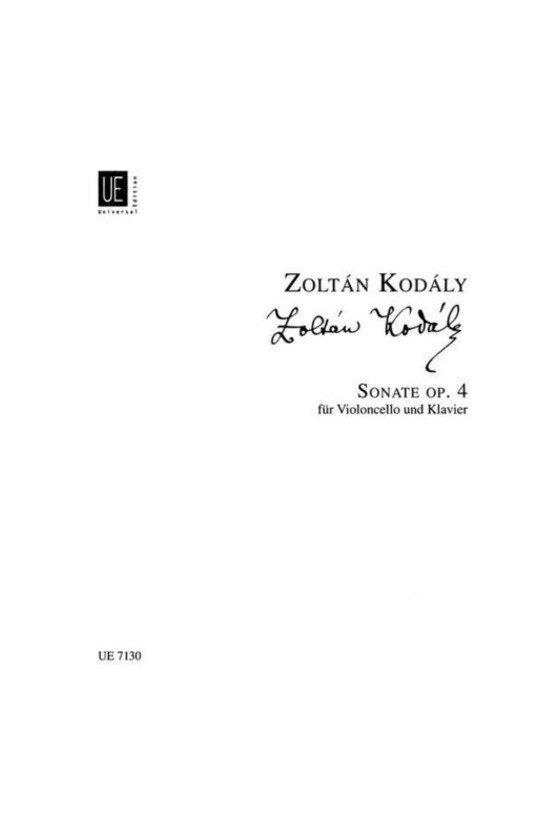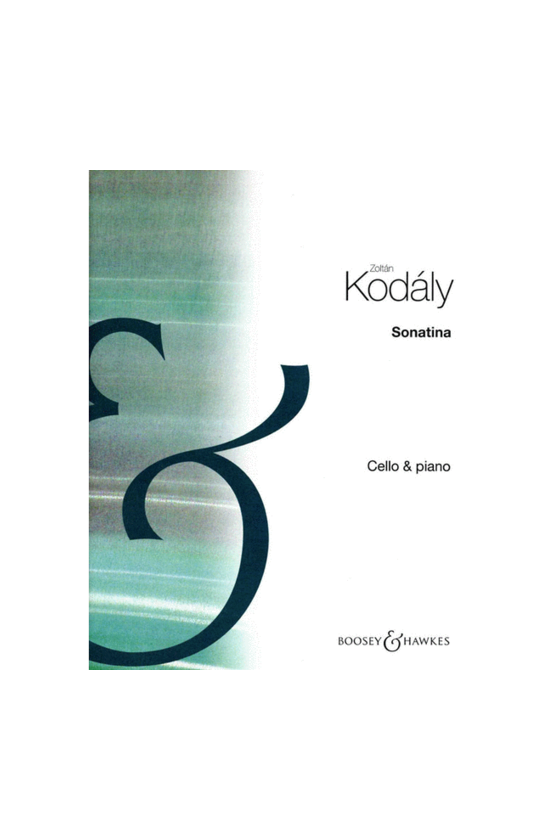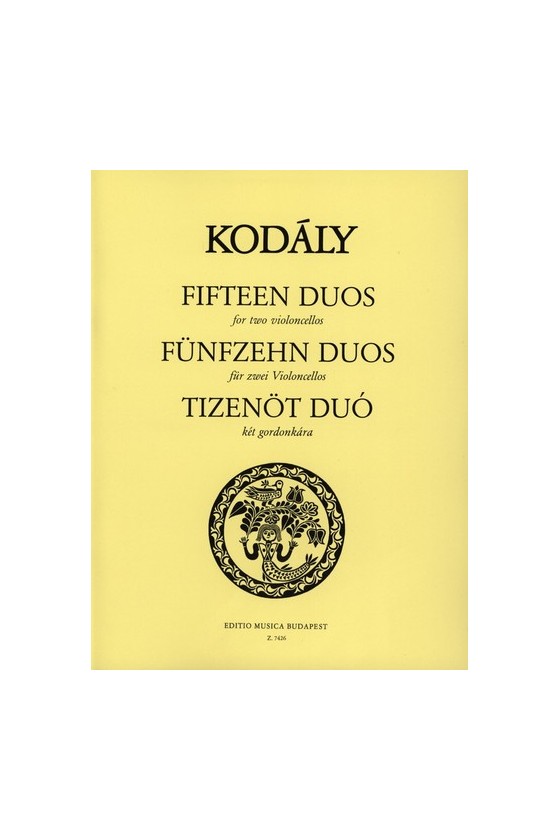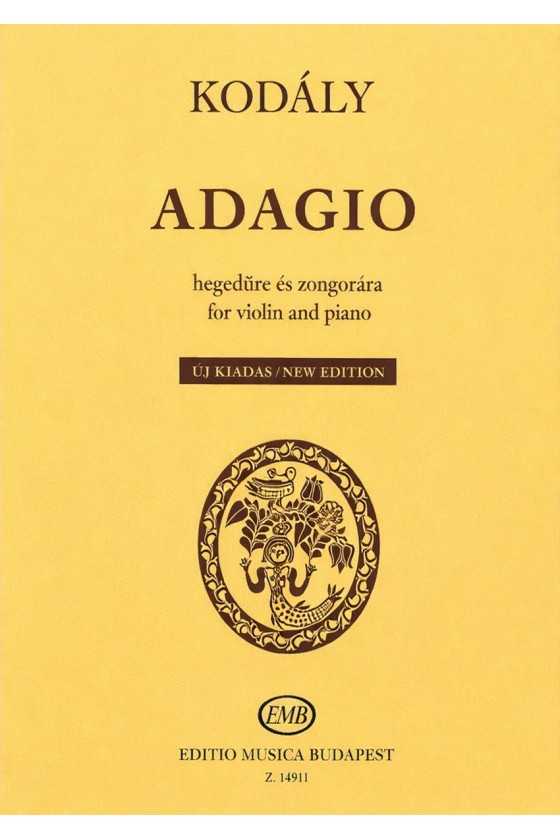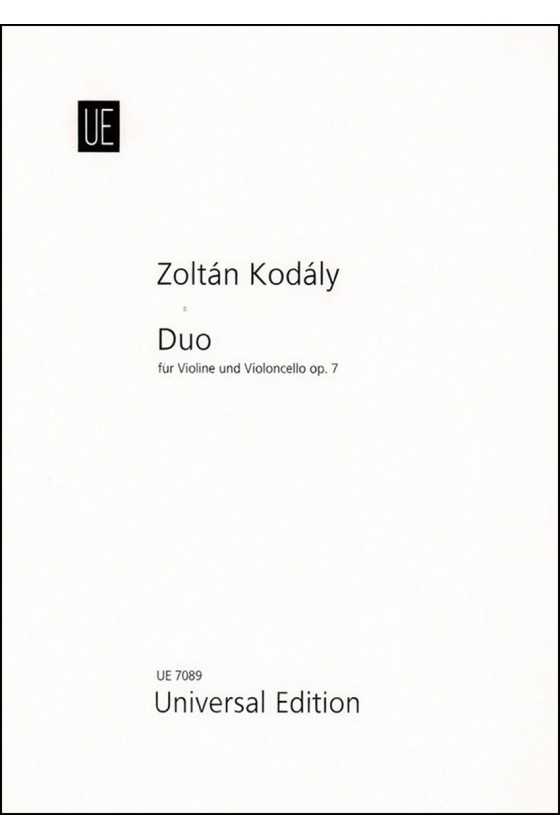Kodály, Zoltán
Zoltán Kodály (16 December 1882 - 6 March 1967) was a composer, ethnomusicologist, and music educator whose innovative teaching methods and compositions revolutionized the music world. Born in Kecskemét, Hungary, in 1882, Kodály was exposed to music early, and his passion for music would shape his life and career. He was a visionary who believed that music education should be accessible to everyone, and he developed a unique approach to teaching music that combined traditional folk music with classical music.
Early Life and Influences
Zoltán Kodály was born to a musical family on December 16, 1882, in Kecskemét, Hungary. His father was a talented amateur musician, and his mother was a trained pianist. As a result, Kodály showed an early aptitude for music and began studying the violin and piano at a young age. He also developed a deep love for Hungarian folk music, which later became a central theme in his compositions.
Kodály studied at the Franz Liszt Academy of Music in Budapest, where he was exposed to the works of great composers such as Bach, Beethoven, and Brahms. He also studied Hungarian folk music with Béla Bartók, a fellow composer and ethnomusicologist who would become his lifelong friend and collaborator. Bartók's influence would prove crucial to Kodály's development as a composer and music educator, as he introduced him to the rich and diverse world of Hungarian folk music.
Kodály's Contribution to Music Education
Kodály believed that music education should be accessible to everyone, regardless of their social or economic background. He developed a unique approach to teaching music that focused on using folk songs and games to introduce children to music. His approach emphasized the importance of developing a strong musical foundation early in life, and he believed that children should be taught music in a fun and engaging way.
Kodály's teaching methods were based on the principles of the Kodály Method, which emphasizes the use of singing, movement, and listening to develop musical skills. His approach also stresses the importance of learning music in context, and he believed that folk songs were the ideal way to introduce children to music's cultural and historical context. The Kodály Method has since become a widely recognized and respected approach to music education, and it has been adopted by teachers and educators worldwide.
Kodály's Compositions and Musical Style
Kodály was a prolific composer who wrote music in various genres, including opera, orchestral, chamber, and choral. His compositions were heavily influenced by Hungarian folk music, and he often incorporated folk melodies and rhythms into his works. His music is characterized by its lyrical themes, complex harmonies, and use of musical motifs.
One of Kodály's most famous compositions is the "Dances of Galánta," which was inspired by the music of the Hungarian Gypsies. The piece is a virtuosic showcase for the orchestra, and it features a series of lively and energetic dances based on traditional Hungarian folk melodies. Another famous work by Kodály is the "Háry János Suite," which is based on a Hungarian folk tale and features a colorful and imaginative orchestration.
Kodály's Legacy and Impact on Contemporary Music
Kodály's legacy continues to inspire and influence musicians and educators worldwide. His innovative teaching methods have helped make music education more accessible and inclusive, and his compositions continue to be performed and celebrated today. In addition, many contemporary composers have been influenced by Kodály's music and philosophy, and his impact on the world of classical music has been profound.
Kodály's work has also significantly impacted the preservation and promotion of traditional folk music. His efforts to collect and record Hungarian folk music helped to preserve a rich and diverse musical heritage, and his compositions have helped to bring this music to a wider audience. Kodály's commitment to cultural exchange and understanding has also helped to promote a greater understanding and appreciation of different cultures and traditions.
Kodály's Cultural and Historical Significance
Kodály's work is significant not only for its musical contributions but also for its cultural and historical importance. His compositions and teachings reflect a deep love and appreciation for Hungarian culture and history, and they have helped shape Hungary's cultural identity. Kodály's work has also had a broader impact on the world of music, as his innovative approach to music education has helped to make music more accessible and inclusive.
Kodály's legacy continues to inspire and enrich the lives of people worldwide. His music and teachings serve as a reminder of the power of music to connect people, cultures, and traditions. As we continue to explore his work and legacy, we can gain a deeper understanding and appreciation of music's role in our lives.
Conclusion
Zoltán Kodály's contributions to music and music education are immeasurable. His innovative teaching methods, compositions, and commitment to cultural exchange have profoundly impacted the world of classical music and beyond. Kodály's legacy continues to inspire and influence musicians and educators worldwide, and his work remains as relevant and impactful today as it was during his lifetime. As we continue to discover the legacy of this remarkable composer, we can gain a deeper appreciation of the power of music to unite and inspire us.
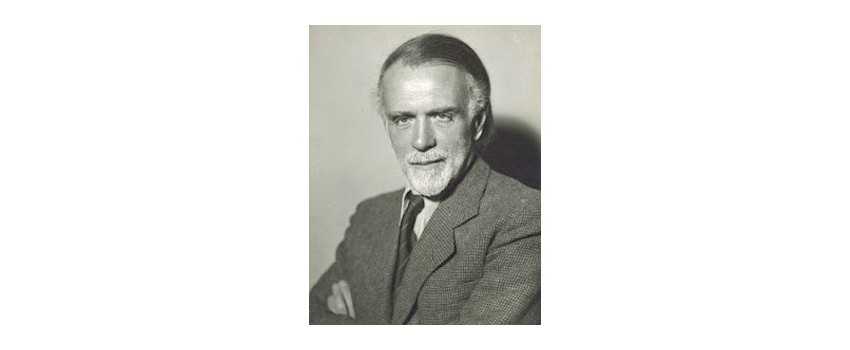
Kodaly, Sonatina For Cello/Piano (Boosey & Hawkes)
Kodaly, Sonatina for Cello/Piano (Boosey Hawkes)
Kodaly Fifteen Duets For 2 Cello (EMB)
Kodaly, Adagio For Violin, Viola, or Cello (EMB)- Pls Choose
A warm and expressive miniature by Zoltán Kodály, the Adagio offers lyrical depth and Hungarian character. This EMB edition for violin and piano is ideal for expressive recital performance.
Key Features:
• Singing Romantic melody
• Hungarian-inspired lyricism
• Suitable for violin
• Ideal for recital use
• EMB edition
Kodaly, Duo Op. 7 For Violin And Cello (Universal)
A powerful chamber masterpiece by Zoltán Kodály, the Duo for Violin and Cello, Op. 7 blends Hungarian folk color with intense contrapuntal writing. This Universal Edition publication is a cornerstone of modern string repertoire.
Key Features:
• Landmark violin–cello duo
• Folk-inspired rhythmic energy
• Virtuosic and dramatic style
• Ideal for advanced recital performance
• Universal Edition

